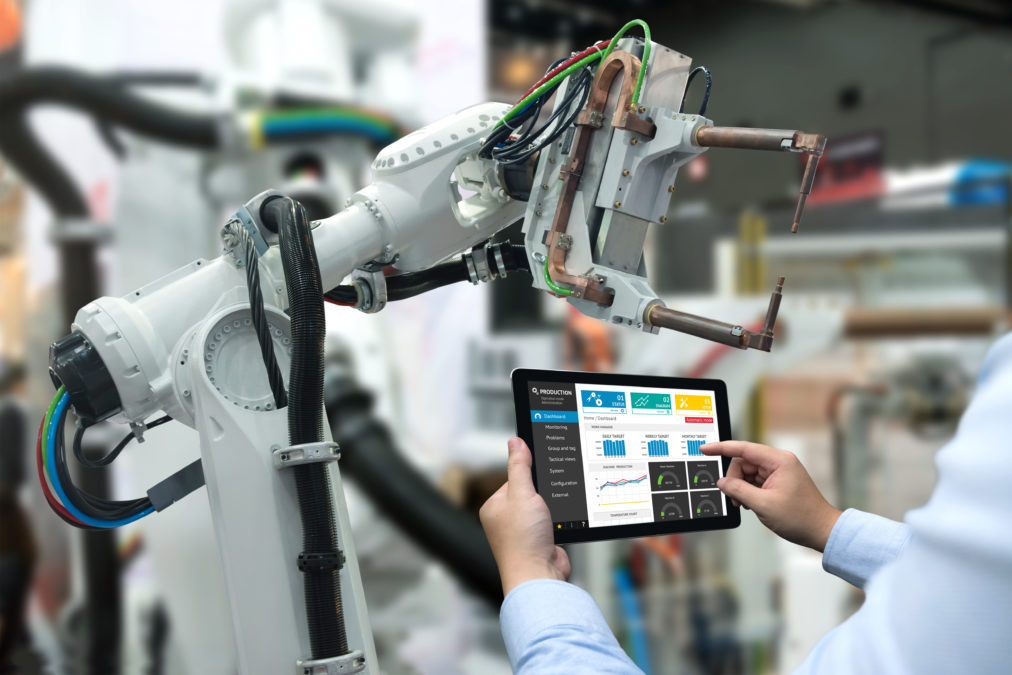This figure, the source of which builds on a study from back in 2013 which estimated that 47% of jobs in the United States were at risk as a result of robots aiding businesses, was spawned by a survey in which the OECD’s 32 member states took part, with the study registering the social and cognitive intelligence of occupations, as well as the perception and manipulation involved, factors that the 2013 study did not take into account.
These additional factors played a part in the eventual discovery that automation may not affect jobs as a whole, but rather specific roles within jobs.
>See also: Automation makes customer experience more human
According to customer engagement specialists Aspect Software, workers are in need of more developed skills and information about how robots can aid them to improve job performance, a prominent case for this being present within the customer service sector, where interactive voice response (IVR) is often used, replacing the human voice.
“These developments are causing understandable anxieties within the sector, so it is important that organisations work with their employees to ensure they are fully informed on how they will be affected,” states Aspect Senior Vice-president Stephen Ball.
>See also: Staying ahead of the curve as automation takes jobs
Ball adds: “The key is to make sure that staff are properly trained so that they can feel empowered by these technologies, rather than threatened by them.
“By encouraging collaborative working between humans and technology, organisations can greatly streamline their operations, while adding to the satisfaction of their employees.
“In this way, new technologies can be viewed as a tool to support staff in their daily activities, rather than replace existing practices.”
If a certain study by Forbes Insights and Hitachi Data Systems conducted back in November 2016 is anything to go by, the use of automation within businesses could become commonplace very soon. Said study found that half of the 573 senior executives from around the world who took part reckoned that their respective companies could be transformed through the use of robotics within two years.







